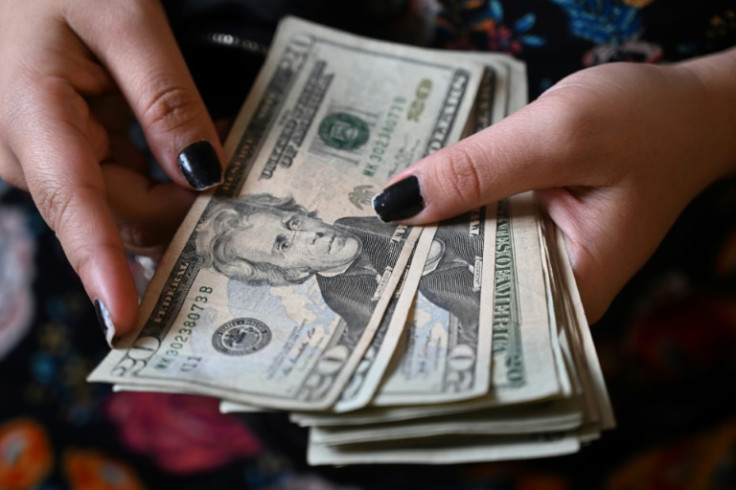Foreign CBDCs Could Erode US Dollar's Exchange Medium Role: Fed Analysts

KEY POINTS
- Fed analysts said if the US doesn't issue its own CBDC, its role as an exchange medium could diminish
- They noted that a "widely accessible" Fed-issued digital dollar may "likely" enhance the US dollar's appeal
- There has been little support for a possible US CBDC amid concerns of financial privacy infringement
The emergence of stable foreign central bank digital currencies (CBDCs) are unlikely to have an impact on the U.S. dollar's use as a value storage mechanism, but could diminish the dollar's role as a medium of exchange, analysts with the U.S. Federal Reserve said in a recent paper.
In a recent report by the Fed's Board of Governors that highlighted both the positive and negative points of issuing a CBDC, senior economic analysts raised questions on whether the U.S. dollar can compete with large foreign CBDCs if the world's largest economy opts to sit out of issuing a digital dollar.
"Depending on other CBDCs' (or foreign currency-denominated stablecoins') design features, there is some potential for the erosion of the dollar's role as a medium of exchange if a U.S. CBDC is not issued or has unattractive design features," wrote Fed analysts Jean Flemming and Ruth Judson.
They also pointed out that remuneration of CBDCs in foreign developed economies "may also affect the use of the dollar as both a means of payment and perhaps store of value internationally."
In terms of the U.S. dollar's dominant role in the global financial market, "a widely accessible U.S. CBDC at the margin is likely to enhance the appeal of the dollar," they noted.
Regarding foreign projects on CBDCs, they cited a 2022 report that found over 90% of central banks were already exploring possible CBDC issuance. Like other countries that are on the research stage, the Fed is currently "exploring the implications of, and options for" a potential digital U.S. dollar. However, the Biden administration's support for studies on a U.S. CBDC has been met with opposition.
A May 2023 survey report by think tank Cato Institute found that only 16% of American respondents support a U.S. CBDC, and 34% oppose such an adoption. It also found that U.S. citizens are "more concerned" about risks associated with CBDCs than they are looking forward to it.
On a more specific note, 75% of the respondents said they would oppose CBDC adoption if it meant the "government could control what people spend their money on and when."
GOP presidential frontrunner Donald Trump has also pledged he would "never allow" a digital form of the U.S. fiat currency.
He said during a New Hampshire campaign rally last month that a digital dollar would give the federal government "absolute control" over the American people's money.
© Copyright IBTimes 2024. All rights reserved.



















